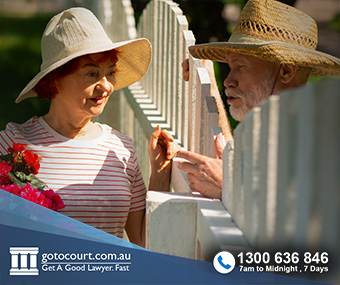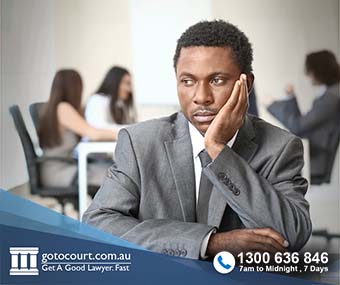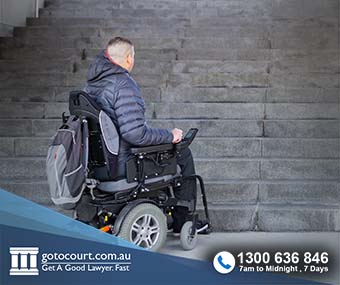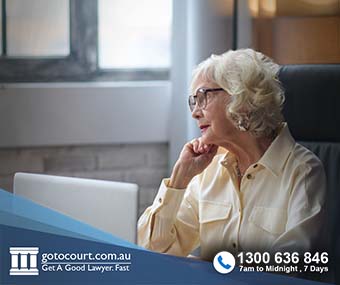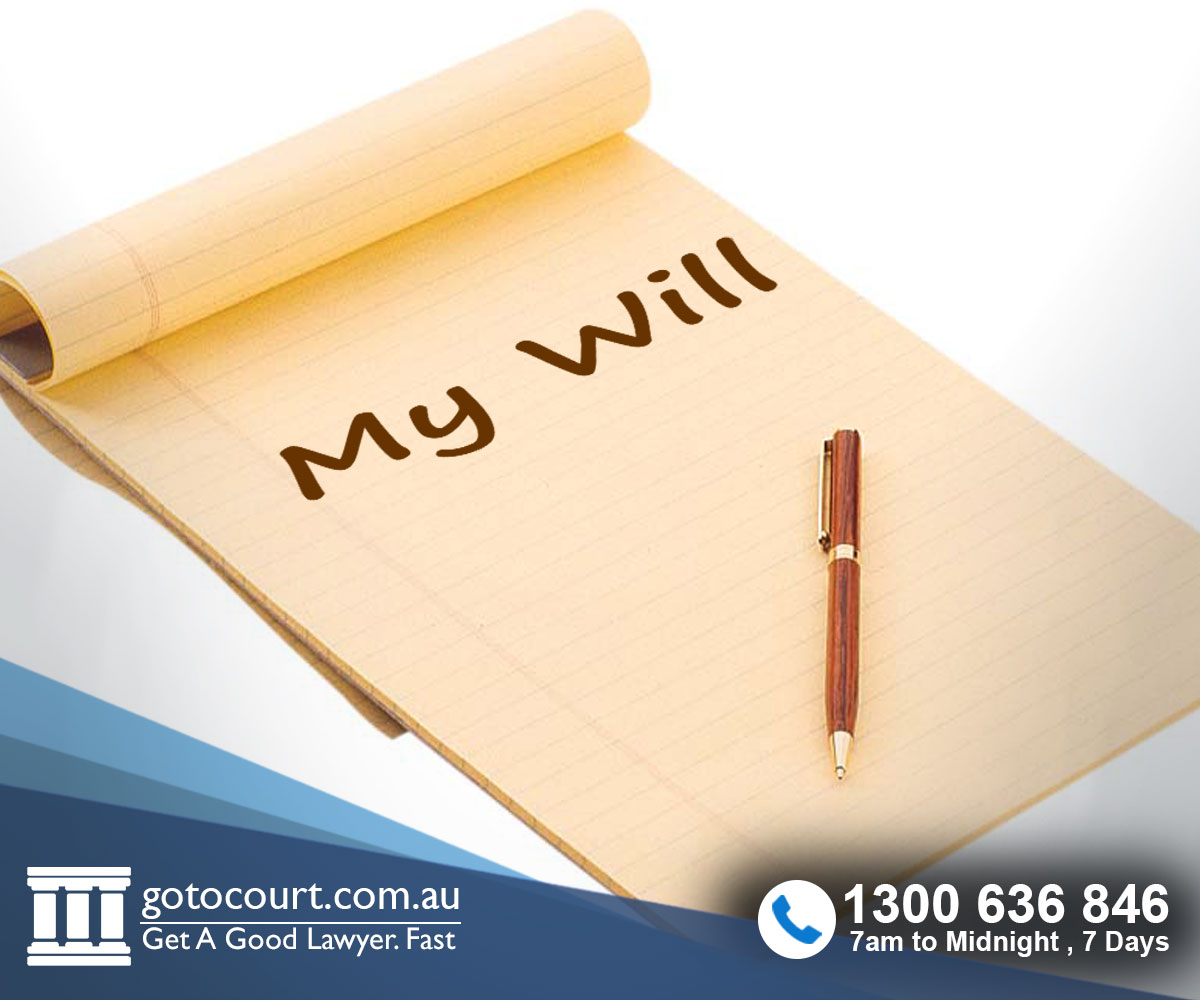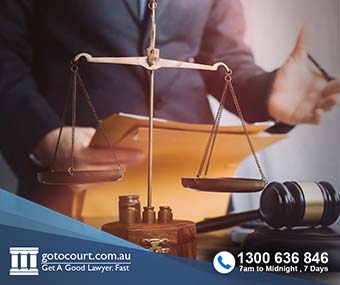Call our lawyers
now
or,
have our lawyers
call you
Guardianship and Administration Orders
Updated on Jan 11, 2023 • 4 min read • 188 views • Copy Link
Guardianship and Administration Orders
Under the Guardianship and Administration Act 1993, the South Australian Civil and Administrative Tribunal (SACAT) can make guardianship and administration orders in South Australia for a mentally incapacitated person. An administrator may be appointed to deal with matters of finance, property and any associated legal affairs. A guardian may be appointed to make decisions regarding personal and health care matters. The principles of the Act mean that SACAT must consider whether an order is necessary or not. If a person’s informal arrangements and networks are adequate and are working in their best interests, or when the other formal legal protections that are already in place are working well together with the informal arrangements there may be no need for an order.
Applying for a guardianship order
Applications can made online. An application for a guardianship order must be accompanied by a medical report form which can also be completed online. Matters are listed for a conciliation conference or hearing. At a conciliation conference the parties talk about their application, with the objective of resolving it. If the matter is not finalised at conference or if the tribunal does not hold a conference, then the case is referred to a full hearing. The hearing decision is made by a tribunal member and the parties receive a written decision from SACAT in the form of a tribunal order.
Mental incapacity is where a person is unable to look after their own health, safety or welfare or to manage their own affairs as a result of;
- Any form of brain damage or illness, disorder, developmental delay, neurological disease or impairment or deterioration of the brain or of the mind, or
- Any physical condition or illness that leaves them unable to communicate what they want or think in any manner whatsoever (for example a person with multiple physical disabilities like sight, hearing and speech impairments and victims of stroke).
An application for an order may only be made in the following circumstances;
- The person has a mental incapacity resulting from disability or illness, and this is supported by a psychologist’s or a medical practitioner’s report; and
- There needs to be specific decisions made concerning such matters as where they will live and with whom, or financial matters which can’t be made without an order giving someone authority; and/or
- There is a dispute or is significant conflict regarding the decisions that are being made, which a person or persons believe are detrimental to the person’s interests and/or welfare.
Who can apply for an order?
Guardianship orders are not often required because most people have support from family members and friends who can make or help make decisions without any special authority. However, it may be necessary to protect a person’s finances from abuse or exploitation by others and/or poor self-management.
Applications for an order can be made by the following classes of people;
- The Public Advocate.
- The person the order is sought for.
- Their guardian or decision-maker.
- A person responsible for them. This means a person who has a close and continuing relationship with them and is;
- Legally married to them or is their adult domestic partner.
- An adult related to them by blood, marriage or adoption.
- An adult who is related to them according to kinship rules if they are of Aboriginal or Torres Strait Islander descent.
- Their parent, including adoptive or step-parent.
- An adult who acts in loco parentis for the person if they are a minor.
- An adult friend, or person responsible for overseeing their ongoing day-to-day supervision, care and well-being.
- An administrator of the estate of the person.
- A person with a proper interest in the person’s welfare.
What orders can be made?
The following orders can be made:
- Appointing a guardian to make decisions about the accommodation, health, medical and lifestyle decisions for the person.
- Cancelling the appointment of a guardian.
- Giving advice or directions to a guardian.
- Giving consent to prescribed medical treatment.
- Granting specific powers to authorise the use of force to make sure that the person receives proper treatment and care.
- Altering or cancelling a previous order.
- Appointing an administrator to make financial decisions.
- Making decisions about advance care directives.
- Consenting to prescribed medical or psychiatric treatment.
- Reviewing mediation decisions and making declarations and directions about decisions regarding consent to treatment and advance care.
- Making and reviewing orders for a person with mental illness.
If you require legal advice or representation in any legal matter, please contact Go To Court Lawyers.

Affordable Lawyers
Our Go To Court Lawyers will assist you in all areas of law. We specialise in providing legal advice urgently – at the time when you need it most. If you need a lawyer right now, today, we can help you – no matter where you are in Australia.How It Works







1. You speak directly to a lawyer
When you call the Go To Court Legal Hotline, you will be connected directly to a lawyer, every time.


2. Get your legal situation assessed
We determine the best way forward in your legal matter, free of charge. If you want to go ahead and book a face-to-face appointment, we will connect you with a specialist in your local area.


3. We arrange everything as needed
If you want to go ahead and book a fact-to-face appointment, we will connect you with a specialist in your local area no matter where you are and even at very short notice.



